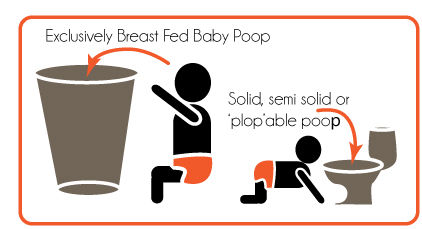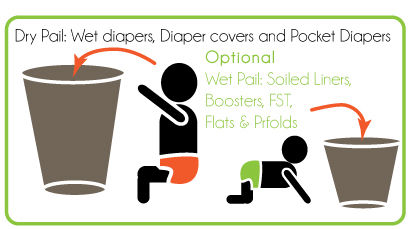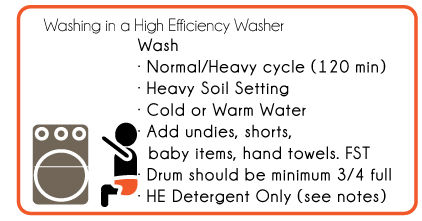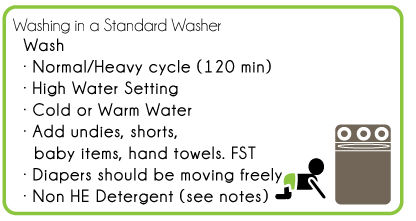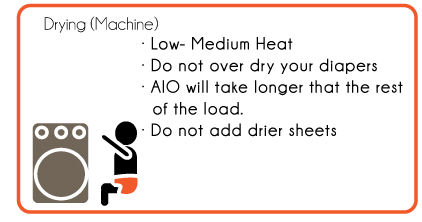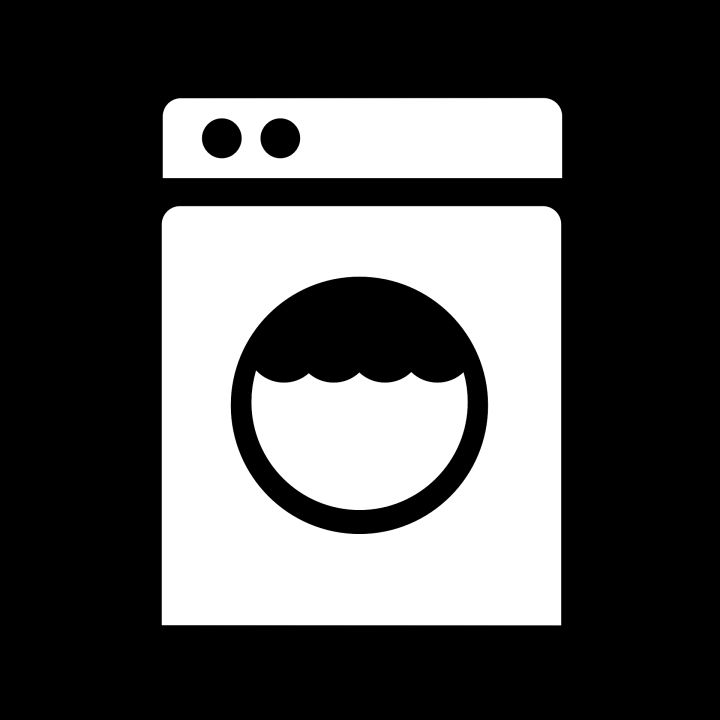
Clean
Sample Detergent Mix for a Front Load HE Washer - 180ppm Water Hardness
01.
"Pre" Wash the Dirty-Dirty
Prewash (all powder into drum)
· 1/4 cup Water Softener (Calgon, Borax, or A&H Raindrops)
· 1/4 cup Detergent
Set washer to Cold or Eco-Warm "Short Cycle" Do not use hot as it can set stains.
02.
Fluff
Once the Preswash is done pull the items away from the drum. Check to make sure all inserts are open (not folded) and all pockets are empty.
03.
Fill
Add small items to bulk up load. HE Washers clean by the clothing rubbing against each other. Make sure drum is 60-75% full. Too full and clothes will be too tight to move, too empty and there will not be enough agitation.
04.
Clean it Up
· 1/8 OxiClean or similar Sodium carbonate peroxyhydrate
· 1/4 cup Precipitating water softener (if you have hard water over 140ppm)
· 1/4 cup Non-precipitating (if you have hard water over 180ppm)
· 1/2 cup Detergent
It may sound like a lot of detergent but your drum should be over 60% full for the main wash
Set washer to Eco-Warm or Warm "Normal Cycle" if you have the option for Heavy Soil use it. Do not use hot or sanitize regularly as over time it can cause delamination.

